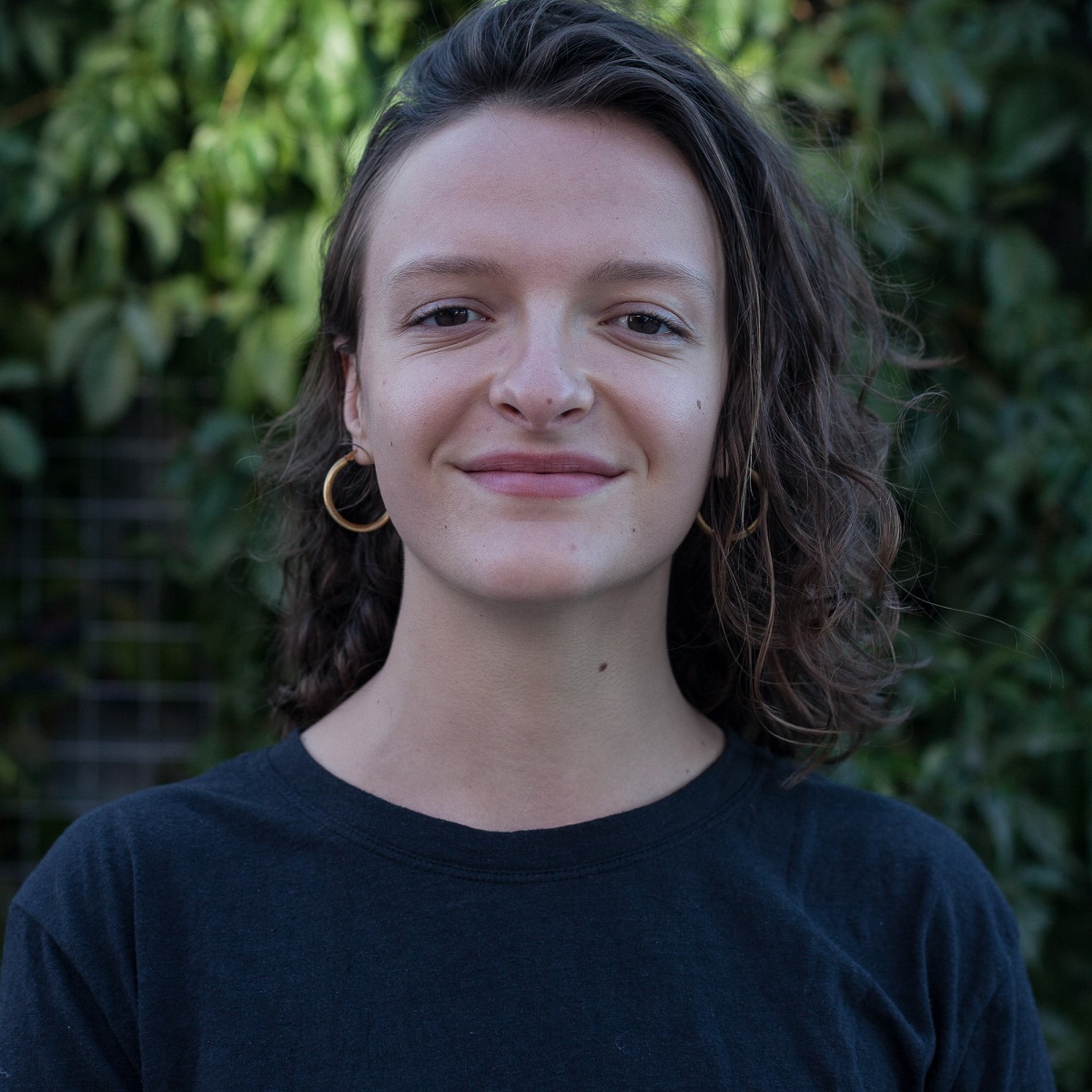Alesandra "Ale" Tejeda '20 has been named a 2020 Thomas J. Watson fellow for her project "Navigating Impermanence Through Photography."
Tejeda, an environmental studies major and journalism minor from Mexico City, Mexico, and Milwaukee, Wisconsin, says photography and impermanence are inextricably linked. "My dream is to understand. This project gives me the opportunity to explore something deeply tied to my understanding of myself and life and change on my own terms. That's a huge gift and opportunity," she says.
"Generally, I'm a storyteller," she says. "I'm passionate about communication and the environment, among other things. In that way, everything I do is related to my award because I believe deeply in the rich interconnection of ideas and disciplines. Specifically, I think my studies in environmental studies, as they relate to change, and in journalism are relevant to this award."
Her initial proposal called for her traveling to England, Spain, India, and Australia to explore the philosophy of photography and how it's used as a tool for memory, documentation, and connection. Because of the ongoing Coronavirus situation, the Watson Foundation is working with fellows to adjust their travel plans to ensure their safety.
Tejeda says she selected the locations because of opportunities they offered her: "For example, volunteering at a museum in England to learn of its photographic archival process, or working for photographers. However, these details were already changing before I got the award. Especially during these times, I expect my locations will change dramatically," she says.
In addition, to working as a photographer for The Catalyst, Colorado College's independent student newspaper, and Cipher Magazine, an alternative news magazine published by students, Tejeda took advantage of the off-campus opportunities available.
During her first year, she took time off to be an intern and apprentice at a permaculture farm in Hawai'i. She also received aid to go on a trip that summer to Iceland; the trip was a partnership between Outdoor Education and the Office of Sustainability, centered on the topic of eco-tourism.
She also went to Nepal for Colorado College's Himalayan Odyssey course, and last summer traveled to New York City on a Keller Venture Grant to learn more about the Sherpa diaspora in Queens, a continuation what she learned in Nepal on the outmigration of the Sherpa people.
This past summer Tejeda went to Mexico City on a grant from the English Department to pursue an oral history and memoir project on her father and his family, which she is still working on. She received a second Venture Grant this past spring break to travel to Mexico City to investigate Mexican identity and heritage through 20th-century art (her grandfather was a painter) although was unable to make the trip because of COVID-19.
"I hope to make the Watson Fellowship the best thing it can be, especially during these difficult times," she says. "This project contributes to my future because it's so tied to who I am and how I see the world. I don't see it as a stepping stone for my career, even if it has inadvertent effects on that, but as an opportunity to explore questions in a deeper way than I already do on a daily basis."
The Watson Fellowship supports college graduates for a year of experiential learning through a project that the applicant designs. This year's class, the 52nd Class of Thomas J. Watson Fellows, hails from 20 states and eight countries. They are scheduled travel to more than 80 countries.






